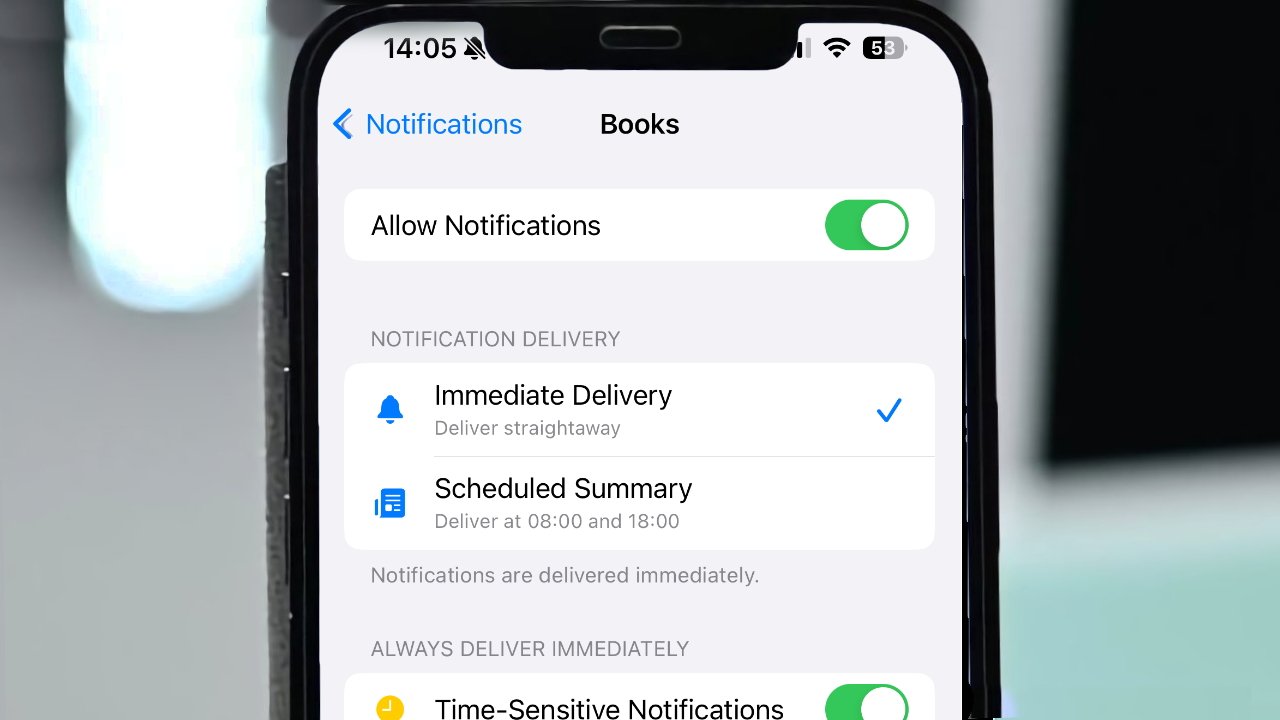Senator Ron Wyden has made a crazy-sounding claim that governments are spying on people's iPhone push notifications -- and Apple says thank you, we weren't allowed to tell anyone.

The claim is that governments can glean information from how many push notifications a person gets, and from what apps
Whether push notifications are the blessing of the age or the curse of the century, it's the fact that they all work the same way that has led to an issue. Every app that gets to pop up some alert or information on users' iPhones, does so by send it via Apple's notification system.
Similarly, any Android app sends notifications via Google's system.
It doesn't sound like fertile ground for intense government surveillance, but according to Senator Ron Wyden, it is exactly that. As first spotted by Reuters, Senator Wyden says that because of notifications, Apple and Google are "in a unique position to facilitate government surveillance of how users are using particular apps."
In an open letter to the Department of Justice, Senator Wyden says that his staff received a tip about push notifications in early 2022. That tip reportedly claimed that foreign governments were demanding push notification records -- but then the Senator found that this wasn't news to Apple, Google, or the US government.
"My staff have been investigating this tip for the past year, which included contacting Apple and Google," he wrote. "In response to that query, the companies told my staff that information about this practice is restricted from public release by the government."
It isn't clear how widespread this spying on push notifications is, nor even fully what the point is. Conceivably, there might be some benefit in knowing which apps a particular user is getting notifications from, or possibly how frequently.
Then since notifications originate with apps and there are IPs involved, some degree of location tracking could be possible.
It's a stretch, and the whole idea sounds like another case of politicians either staggeringly misunderstand technology, or assuming their supporters are.
What stops this particular claim from coming with a free tinfoil hat is that Apple has welcomed the Senator's letter.
"In this case, the federal government prohibited us from sharing any information [about push notifications]," the company said in a statement to Reuters. "Now that this method has become public we are updating our transparency reporting to detail these kinds of requests."
Senator Wyden has brought something out into the open which might be as trivial as it first appears, but discussion of which has previously been prevented.
"Apple and Google should be permitted to be transparent about the legal demands they receive, particularly from foreign governments," continued Senator Wyden's letter, "just as the companies regularly notify users about other types of government demands for data."
"These companies should be permitted to generally reveal whether they have been compelled to facilitate this surveillance practice, to publish aggregate statistics about the number of demands they receive, and unless temporarily gagged by a court, to notify specific customers about demands for their data," he continued. "I would ask that the DOJ repeal or modify any policies that impede this transparency."
Separately, Senator Wyden called on Apple to remove Absher, a Saudi government app that tracks women's movements, from the App Store. He called for that in 2019, but the app appears to still be available in the App Store.
